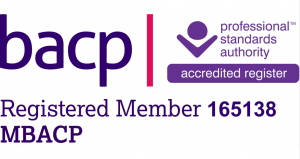

I became interested in counselling through my own experience of Obsessive Compulsive Disorder (OCD) from childhood. I worked in the field of OCD treatment in a voluntary capacity before completing formal counselling training. I qualified in 2015 with a CPCAB Level 4 Advanced Diploma in Therapeutic Counselling (Integrative). Since then, I have gained lots of experience working with clients suffering with OCD specifically, as well as a range of other mental health concerns.
REINHOLD NIEBUHR
I am an integrative counsellor, which means that I draw on a number of different models of therapy in working with my clients. Like many Integrative therapists, I don’t believe in a one-size-fits-all approach to counselling. I prefer to work together with the individual client from the outset to decide how to best approach whatever might be going on for them, and what has led them to try therapy in the first place, tailoring what I offer to suit them personally.
I don’t believe that all human suffering stems from our experiences of childhood and the past and that therapy should focus specifically on how we were brought up. Neither do I believe that the past should be ignored; my approach sits somewhere between the two, and above all encourages adaptability. Therapy with me would not mean you doing all the talking and me barely speaking, nor would it mean me telling you how to ‘solve’ your problems. Again, I like to offer flexibility, focused on what is right for you, the client.
Threaded through all my work with clients is the principle of acceptance. This is a concept that is becoming more and more embedded in contemporary approaches to counselling. I work a lot with Acceptance and Commitment Therapy (ACT) which was developed in the 1980s and is increasingly being recognised as a highly effective treatment for a range of different mental health concerns.
Essentially, ACT seeks to help the client not to get rid of negative thoughts and feelings but to simply allow them to be. This doesn’t mean resigning themselves to ‘bad’ things but simply gaining a different perspective on the nature of anxiety and discomfort. We don’t have to resist anxiety and get rid of it, we can see it as a natural part of being human and seek to change what can be changed and accept what can’t.
I see Mindfulness techniques as vital in developing acceptance skills and I also use elements of Rational Emotive Behavioural Therapy (REBT) in my clinical work, holding the view that it is not what happens to people that causes them distress but rather how their personal belief systems interpret these events.
Above all, I’m a firm believer in the need for trust and empathy in the relationship between a client and therapist and want all my clients to feel able to explore their issues in an environment that they experience as non-judgemental.

| Cookie | Duration | Description |
|---|---|---|
| cookielawinfo-checbox-analytics | 11 months | This cookie is set by GDPR Cookie Consent plugin. The cookie is used to store the user consent for the cookies in the category "Analytics". |
| cookielawinfo-checbox-functional | 11 months | The cookie is set by GDPR cookie consent to record the user consent for the cookies in the category "Functional". |
| cookielawinfo-checbox-others | 11 months | This cookie is set by GDPR Cookie Consent plugin. The cookie is used to store the user consent for the cookies in the category "Other. |
| cookielawinfo-checkbox-necessary | 11 months | This cookie is set by GDPR Cookie Consent plugin. The cookies is used to store the user consent for the cookies in the category "Necessary". |
| cookielawinfo-checkbox-performance | 11 months | This cookie is set by GDPR Cookie Consent plugin. The cookie is used to store the user consent for the cookies in the category "Performance". |
| viewed_cookie_policy | 11 months | The cookie is set by the GDPR Cookie Consent plugin and is used to store whether or not user has consented to the use of cookies. It does not store any personal data. |